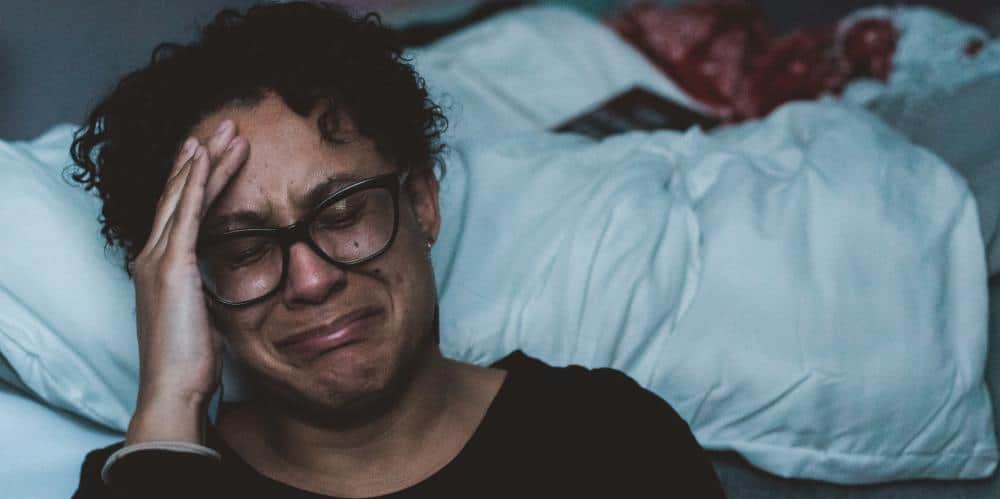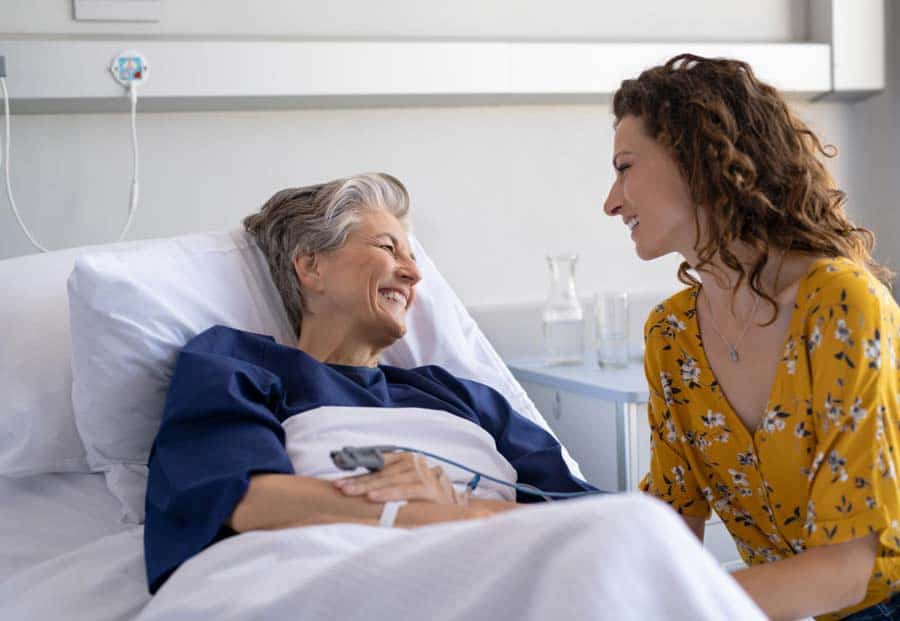Please view our updated COVID-19 guidelines and visiting procedures →.

Caregiver burnout is a state of physical, emotional, and mental exhaustion from long-term stress and may be accompanied by a negative change in attitude and/or a loss of interest or motivation to care for a loved one.
Burnout can occur when caregivers don't get the help they need, and can affect caregivers’ emotional and physical health including symptoms such as fatigue, stress, anxiety, and depression.
On some days you may wonder what happened to your own life, your own health, and how you can continue to balance work and caregiving, let alone enjoy any social life or other activities.
You may see no end to the exhaustion and stress that caring for an elderly loved one can cause, however much you love them and want the best for them.
Many caregivers take on this role with little to no previous experience, and there are not always readily available support systems to help them.
The Bureau of Labor Statistics found recently that over 40.4 million American adults were unpaid caregivers of adults ages 65 or older, and this number grows every year.
Your Health: Under these circumstances, then, it is easy to imagine the devastating effects that can arise, most often manifesting in both emotional and physical stress and poor health.
Your Relationship: Sometimes caring for an aging and seriously ill loved one is not only physically and emotionally exhausting, but their relationship and communication with you can be irrevocably changed by this very illness. Do you remember when you didn’t talk with them about remembering to take medication or what the next steps in treatment might be, or how to handle their financial and legal issues, back when life seemed free of these approaching clouds?
Caregiver Burnout: In extreme cases, caregiver burnout and mental health issues like depression and anxiety can develop, along with emotions such as anger, guilt, resentment, and compassion burnout. Caregivers experiencing burnout often withdraw from friends and family, adopt abnormal eating and sleeping patterns, and catch more illnesses due to a compromised immune function. In extreme cases, their ability to care about the wellbeing of themselves or the recipient of their caregiving is reduced.

Even health care professionals need to be vigilant about self-care. If you are caring for a loved one, the emotional burden is usually greater still, and the need for self-care more urgent.
The Medicare Hospice Benefit covers up to five days of Respite Care for family members of hospice patients who are in need of a break from care-giving.

[The Bureau of Labor Statistics defines eldercare providers (here referred to as caregivers) as anyone of age 15 and older who has provided unpaid care to any adult age 65 and older in the last 3-4 months because of a condition related to aging. ]
Sources: [https://www.agingcare.com/articles/signs-of-caregiver-burnout]; [https://www.caregiver.org/caregiver-statistics-demographics]; [National Alliance for Caregiving and AARP. (2015). Caregiving in the U.S.]; [Institute on Aging. (2016). Read How IOA Views Aging in America

As a not-for-profit, we depend on generous donors to help us provide customized services and therapies that aren’t completely covered by Medicaid, Medicare, or private insurance.
Please make a gift to help us sustain the highest standard of care.
Admissions may be scheduled seven days a week.
Call our Centralized Intake Department: (203) 315-7540.